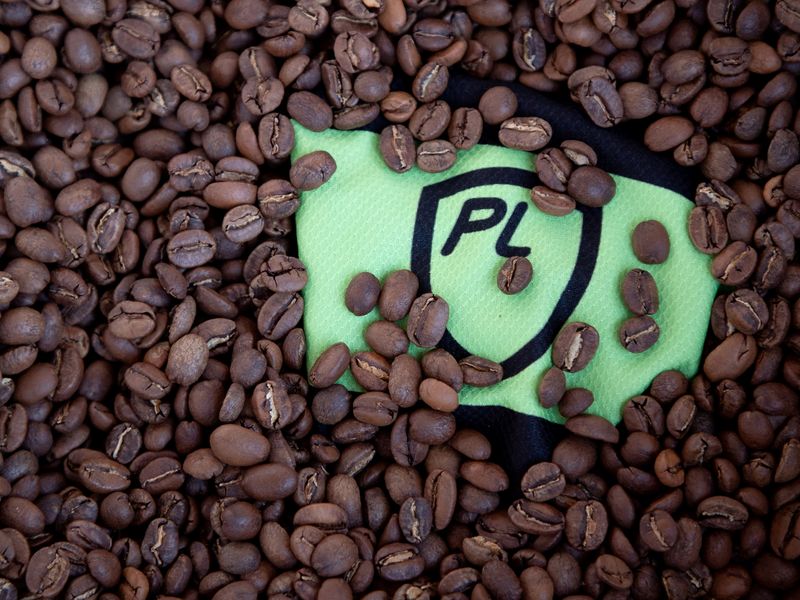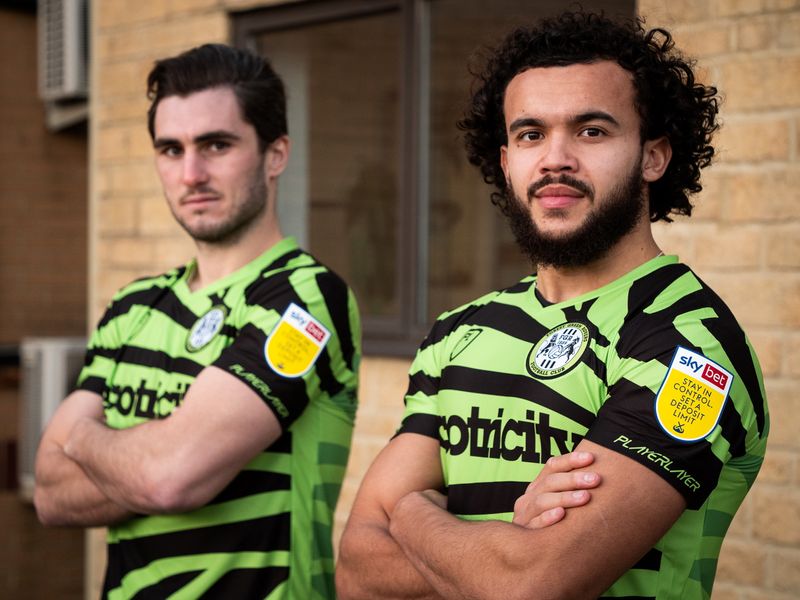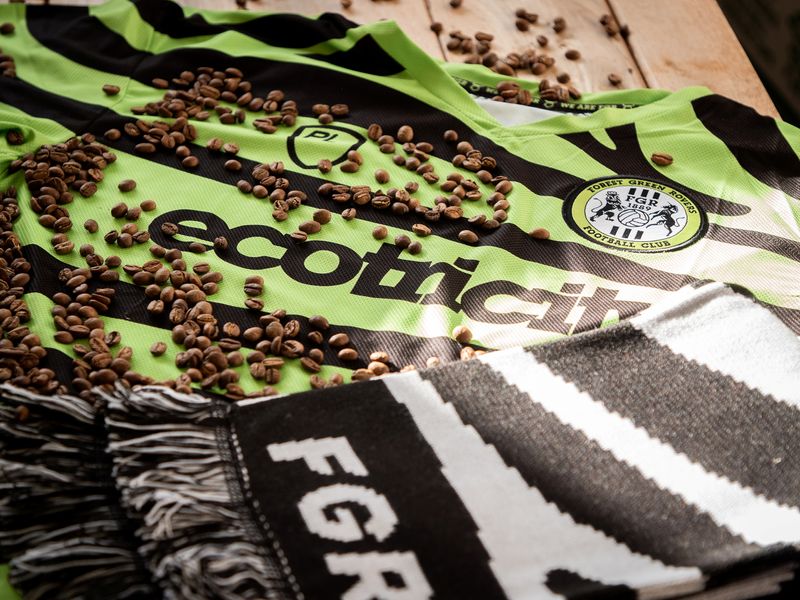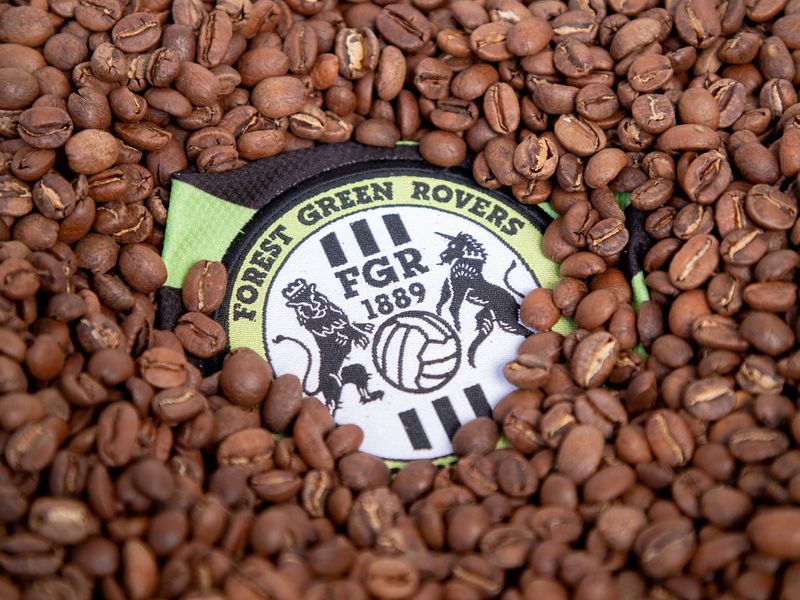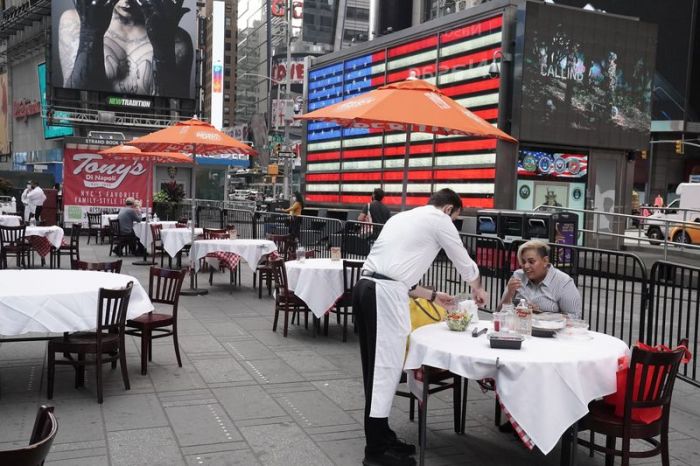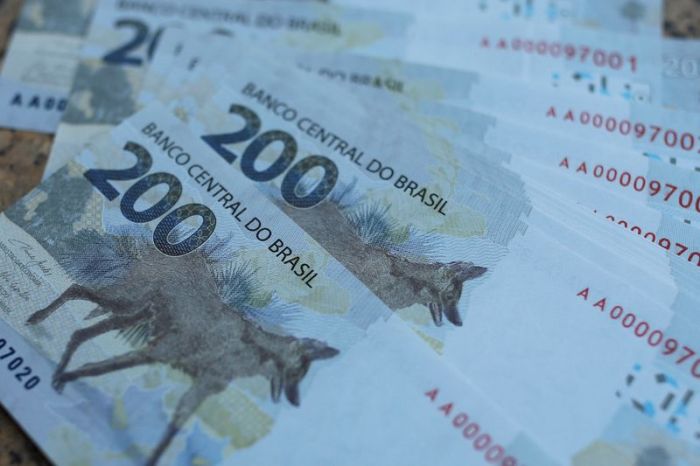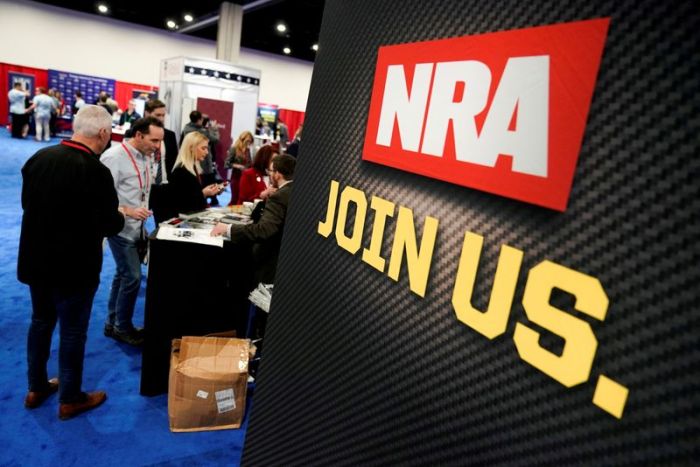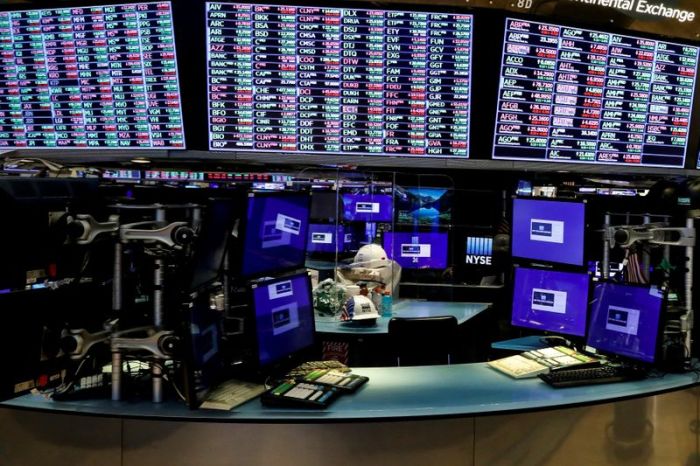LONDON (Reuters) – Already in a league of their own when it comes to sustainability in sport, innovative English soccer club Forest Green Rovers will trial a kit made from coffee bean waste on Saturday.
Rovers, owned by ‘green energy’ entreprenaur Dale Vince, will road test the prototype in their League Two clash against against Colchester United.
The club in leafy Gloucestershire has used a strip made from bamboo for two years, but the brains at kit partner PlayerLayer believe they have found a better alternative.
“We have been working with PlayerLayer looking for more sustainable materials for shirts after I learned that the default for modern sports kit had become 100% plastic which didn’t make much sense to me from an environment perspective or a performance perspective,” Vince told Reuters on Wednesday.
“We came up with bamboo and since them we have been looking for more sustainable versions and they came up with coffee a few months ago. Saturday will be the final road test.”
Rovers are recognised by FIFA as the “world’s greenest football club” with Vince, a champion for the United Nations Sports for Climate Action initiative, hoping that more clubs will move towards greater sustainability.
Since becoming chairman in 2011, Vince has put sustainability at the heart of the club’s ethos. All the match-day food is vegan, the pitch at their Innocent New Lawn ground is organic and mowed by electric mowers and irrigated with recycled water, and the club is powered 100% by renewables.
An electric team bus is in the pipline too while Vince’s “monster project” is an eco-friendly all wooden stadium.
Playing in shirts consisting of three cups of bean waste and five plastic bottles, Vince says, could give Forest Green’s players a competitive edge as lab tests have shown them to be lighter and more breathable.
And he says it will also raise awareness of the waste in the clothing industry.
“These shirts are more sustainable because while bamboo is renewable and you can grow more, coffee is a waste product and the shirts will be completely recycled,” Vince said.
“We have to improve the ethics of clothing manufacture and the sustainability of the materials, and we have to use less, so we are only changing one of our three kits each year.”
While the football industry is not known for its focus on sustainability, things are changing with both Arsenal and Southampton praised for their efforts to combat climate change.
Some players such as former Manchester United defender Chris Smalling, who has invested in ethical alternatives to leather, and Arsenal defender Hector Bellerin, who is involved with a tree-planting project, have also taken on the green message.
“I think in football we are seeing some great examples of players stepping up and using their platform,” Vince said. “Players have a great ability to influence people.
“There is an enormous opportunity that sport has and a bigger responsibility because people look up to sporting icons and take their lead from them.”
(Reporting by Martyn Herman; Editing by Christian Radnedge)

